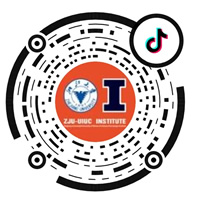ME 320 Heat Transfer
Fundamentals of fluid mechanics with coverage of theory and applications of incompressible viscous and inviscid flows, and compressible high speed flows.
Prerequisite: MATH 285 or MATH 286 or MATH 441; ME 310 or TAM 335; credit or concurrent registration in ME 200.
Students must register for one lab and one lecture section.







